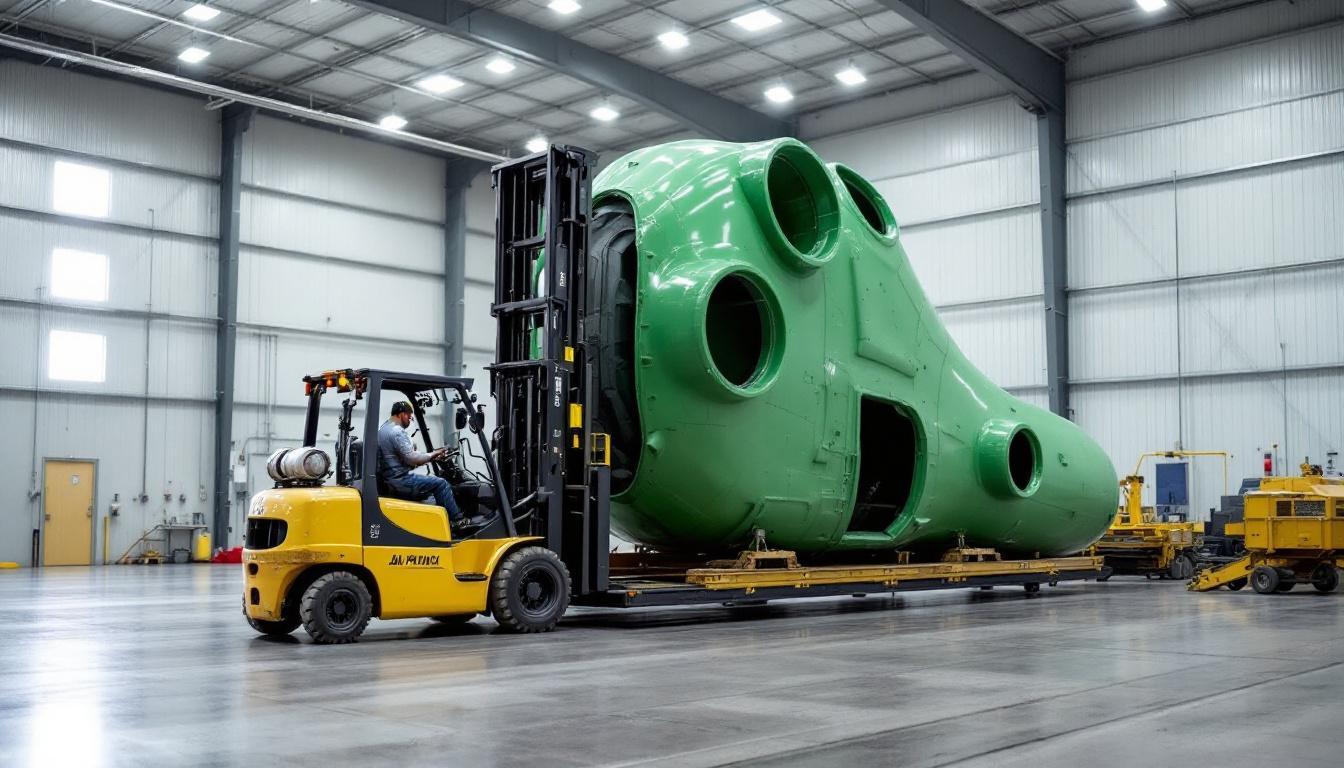Honeywell and partners have won £14.1 million in government funding to transform aerospace manufacturing using artificial intelligence and 3D printing. The initiative, Project STRATA, is backed by the Aerospace Technology Institute (ATI) programme and aims to accelerate component development, strengthen supply chains and cut emissions.
The project will focus on Environmental Control Systems and Cabin Pressure Control Systems, vital for regulating onboard climate and cabin pressurisation. By optimising thermal management, STRATA’s new designs are expected to lower aircraft energy consumption, reducing both fuel use and carbon output.
Honeywell’s Yeovil site, home to more than 500 engineers, will lead the collaboration. Key partners include 3T Additive Manufacturing, BeyondMath, Qdot Technology and the Oxford Thermofluids Institute, each contributing expertise ranging from metallic additive manufacturing to advanced thermal research.
Additive manufacturing is central to the project, enabling complex assemblies to be consolidated into fewer, more efficient parts. “STRATA aligns perfectly with the ATI’s roadmap focused on additive manufacturing’s role in creating a sustainable aerospace future,” said Jacqueline Castle, ATI’s Chief Technology Officer.
Sarah Jones, Minister of State for Industry, said the initiative demonstrated the power of collaboration between government and business. “Our Industrial Strategy inspires confidence to invest in advanced manufacturing capabilities, reinforcing the UK’s leadership in aerospace technology,” she said.
Anthony Florian, President of Honeywell Aerospace Technologies for EMEAI, described STRATA as “a pivotal opportunity to accelerate the development of more efficient aircraft components, driving the UK’s aerospace manufacturing capabilities to new heights.”
By integrating AI-driven simulation and optimised additive processes, STRATA aims to shorten innovation cycles, improve reliability and deliver more sustainable solutions. The consortium’s work addresses both the industry’s carbon footprint and the resilience of global supply chains, setting a strong example of responsible aerospace innovation.
Created by Amplify: AI-augmented, human-curated content.


